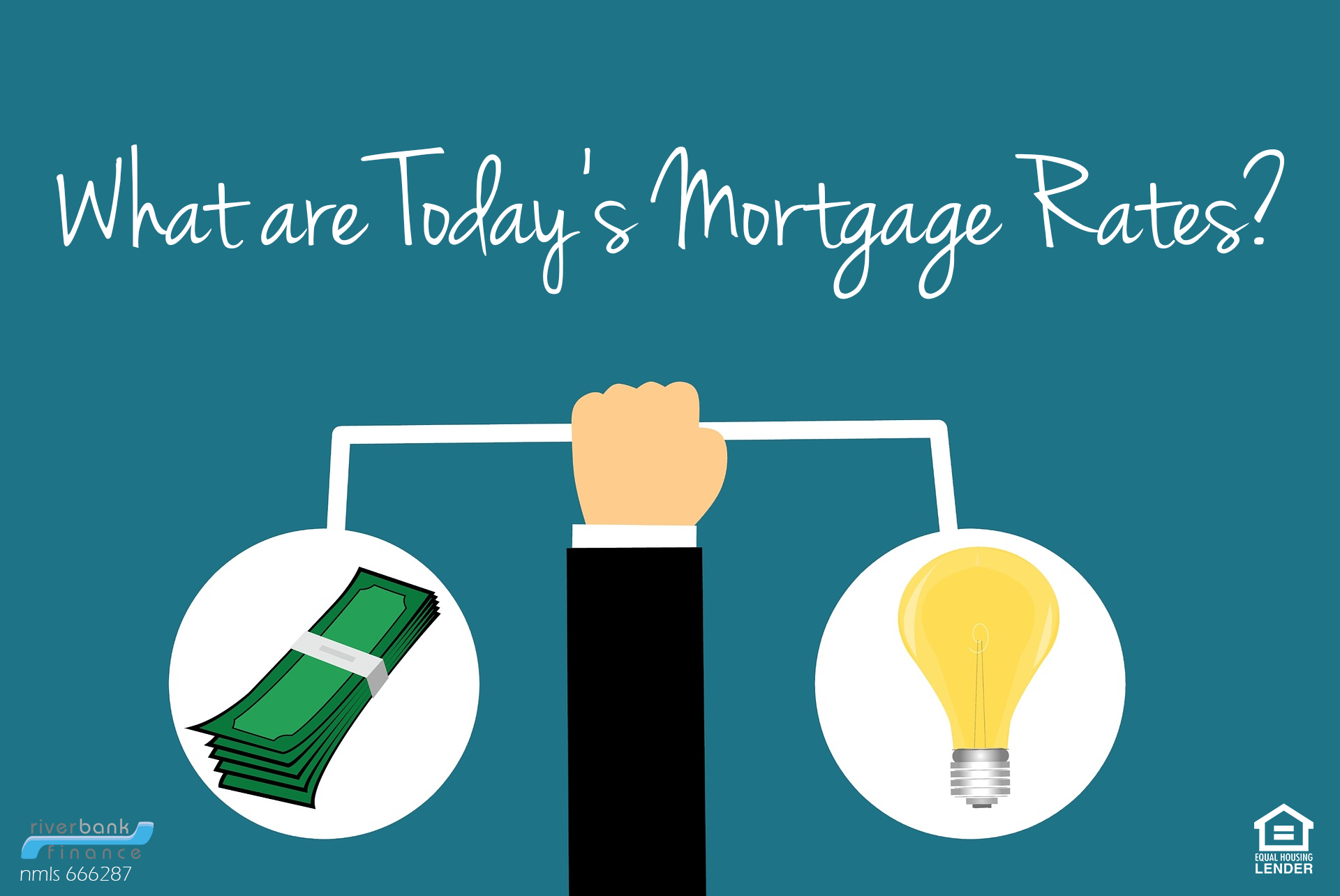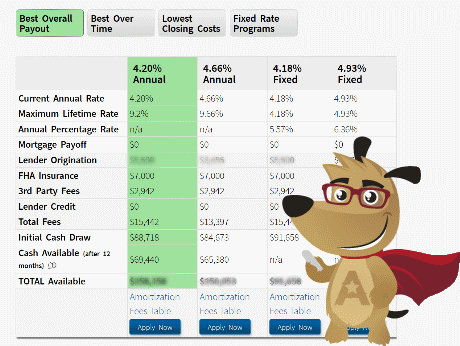All About What Is Required Down Payment On MortgagesMaking sacrifices now can go a long method towards accomplishing your homeownership goals. Credit cards or loans with high rates of interest can harm your credit and are expensive in the long run. Focus on paying for these accounts initially, and you'll see a snowball impact on lowering your financial obligation. As soon as these accounts are paid off, you can then use the monthly payment quantities towards your deposit savings.
Rather, utilize them minimally (purchase gas or a periodic dinner at a restaurant) and pay the balances off right away. This habits helps boost your credit payment history and reveals responsible use to credit bureaus and lending institutions. Lots of first-time buyers find they can conserve much faster if they increase their earnings.
Even if you work temporarily for six months or a year prior to purchasing a home, the added income could be the increase you require for a decent deposit. It's possible to buy a house if you don't have much money saved up for a down payment. Shopping around for the ideal loan provider and loan type is a vital action.
Likewise, do not forget to take advantage of deposit assistance programs offered by your state or city. If somebody provides a financial present towards your down payment, make sure they comprehend it can not be a loan. Finally, there's no shortcut to conserving for a deposit: It requires time, discipline and effort.
Putting down more cash upfront decreases the amount of money you need to borrow, which implies a lower month-to-month payment. And if you put down at least 20 percent, your loan provider won't require you to acquire home mortgage insurance coverage, which also minimizes your regular monthly expenses. On the other hand, if putting down 20 percent will drain your cost savings, leaving you without cash for emergency situations, it might be much better to make a lower deposit.
When you buy a house, you'll likely make a down payment on the purchase, which is the quantity you're not financing with a mortgage. Here's whatever you need to understand about making a deposit on a home, including what the minimum down payments are for various types of home mortgages.
Expect you desire to purchase a house priced at 0,000. If you put ,000 towards the purchase cost, or 3 percent down, you'll secure a home mortgage for the staying ,000. If you were to put down ,000, your home mortgage would now be for ,000, and your down payment would equate to 20 percent of the purchase cost.
What Is The Current Variable Rate For Mortgages Fundamentals Explained
Using the above examples: When you put ,000 down (3 percent) on a 0,000 house, your LTV is 97 percent. When you put ,000 down (20 percent) on a 0,000 house, your LTV is 80 percent. LTV is necessary since it's how lending institutions describe the optimum loan they will make.
Here's an example: Finley 7,667 ,000 3% 6. 60 9. 11 5. 71 Kerry 0,000 ,000 10% 9. 35 5. 35 Note: This example presumes a 4 percent rate of interest. Sources: Bankrate, Radian home mortgage insurance coverage calculatorNote that there is a compromise in between your down payment and credit ranking. Bigger down payments can balance out (to some degree) a lower credit history.
It's a balancing act. For many novice purchasers, the down payment is their most significant obstacle to homeownership. That's why they frequently rely on loans with smaller sized minimum deposits. A number of these loans, however, need customers to acquire some form of mortgage insurance. Generally, loan providers will need home mortgage insurance coverage if you put down less than 20 percent.
Consider this: If you conserve 0 a month, it will take you more than 12 years to build up the ,000 required for a 20 percent deposit on a 0,000 house. Really few home mortgage programs allow 100-percent, or zero-down, funding. The reason for needing a down payment on a home is that it minimizes the threat to the lender in numerous methods: House owners with their own money invested are less likely to default (stop paying) on their home mortgages.
Saving a down payment needs discipline and budgeting. This can set up customers for successful homeownership. There are 2 government-backed loans that require no down payment: VA loans for servicemembers http://www.wesleygroupreviews.com/wesley-financial-chuck-mcdowell-inspiration-success/ and veterans and USDA loans for qualified buyers in backwoods. There are numerous methods to come up with a down payment to buy a home.
Other sources consist of: Some deposit sources, however, are not permitted by loan providers. These consist of loans or presents from anyone who would take advantage of the transaction, such as the home seller, property agent or loan provider. If you have actually never ever owned a home, conserving for a deposit supplies great practice for homeownership.
You can "practice" for homeownership by putting the 0 difference into savings. This achieves three things: Your down payment cost savings grows. You get utilized to having less pocket money. You may prevent a costly error if you understand that you can't deal with the bigger payment. Many economists concur that having a deposit is an excellent indication that you're all set for homeownership.
Rumored Buzz on What Is A Gift Letter For Mortgages

Many first-time property buyers need to know the minimum down payment on a home. It depends upon the home mortgage program, the kind of property you purchase and the rate of the home, but typically ranges from zero to 20 percent for most types of home mortgages. You might be shocked to discover that some home loan programs have low down payment requirements.
However, to make up for the danger of this low deposit, conventional loan providers need customers to purchase private home loan insurance coverage, or PMI, when they put less than 20 percent down. With PMI, you can borrow up to 97 percent of the home's purchase rate or, simply put, put simply 3 percent down.
Some of the home mortgage programs requiring the smallest deposits are government-backed loans: FHA, VA and USDA. FHA loans require 3. 5 percent down for customers with credit scores of 580 or higher. Borrowers with lower credit rating (500 to 579) need to put a minimum of 10 percent down. Eligible VA loan debtors can get home loans with zero down (one hundred percent LTV). why do mortgage companies sell mortgages.
Government-backed loans need customers to pay for some form of home mortgage insurance coverage, as well. With FHA and USDA loans, it's called MIP, or mortgage insurance coverage premiums. For VA loans, it's called a funding cost. This insurance covers possible losses suffered by home loan lending institutions when borrowers default. Because insurance coverage safeguards loan providers from losses, they want to allow a low down payment.
In general: Don't diminish your emergency situation cost savings to increase your deposit. You're leaving yourself susceptible to financial emergency situations. It's not smart to put savings towards a larger deposit if you're carrying high-interest financial obligation like credit cards. You'll make yourself much safer and pay less interest by decreasing debt prior to conserving a down payment. That's why we supply functions like your Approval Chances and cost savings price quotes. Of course, the offers on our platform do not represent all financial items out there, but our goal is to reveal you as numerous fantastic options as we can. The short answer is: probably not. You likely won't find lots of options for a deposit loan which is an individual loan that you utilize to make a deposit on a home.
Rather, you might have much https://christianforums.net/Fellowship/index.php?threads/bailing-on-a-timeshare.71048/ better luck searching for a home loan that does not need a 20% deposit. Let's look at some down payment choices that might help you on the roadway to funding your dream home. Looking for a mortgage? Saving for a deposit can be difficult, however putting money down on a home purchase is a great idea for multiple factors.
[youtube https://www.youtube.com/watch?v=F5F7DG21iNc]
A smaller sized loan quantity normally means smaller monthly home mortgage payments. Decreasing the quantity you obtain may indicate you'll pay less interest over the life of your home loan. For example, let's say you're acquiring a 0,000 home with a 4% rates of interest. If you put 10% down, you 'd pay 9,365 in interest over thirty years.
The Best Guide To What Is The Current Index For Adjustable Rate Mortgages
If you put down less than 20%, you'll likely have to pay private home loan insurance, or PMI, though a couple of kinds of house loans do not need it. This extra insurance coverage will increase your month-to-month payment amount. Equity is the difference between how much your home is currently worth and the quantity you owe on it.
Making a down payment can help create equity that may protect you from changes in your house's value. You might have heard that you require a deposit equal to 20% of the total cost of the house you want https://consent.yahoo.com/v2/collectConsent?sessionId=2_cc-session_65e846f9-ac59-4d4d-973f-3c162ae30baf to purchase but that's not always the case. How much you in fact need for a deposit depends upon the type of home mortgage you're thinking about.

Depending upon the home mortgage lending institution, down payment requirements can be as little as 3%. But if you're putting down less than 20%, the majority of lenders will require you to pay PMI. Conventional loans are the most common, currently comprising approximately 2 thirds of all home loan. FHA loans are offered to
|